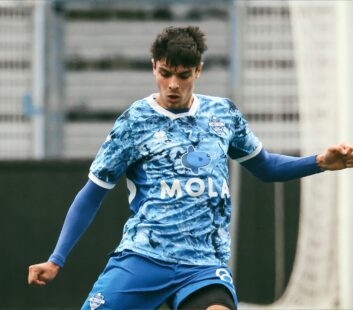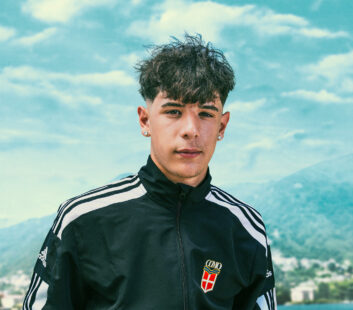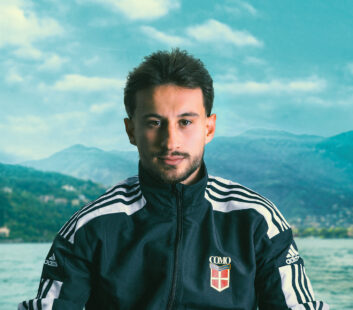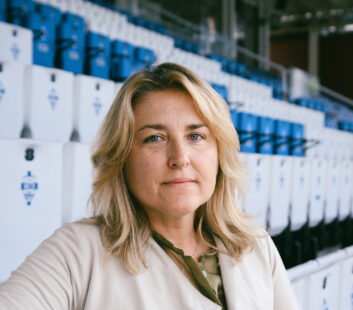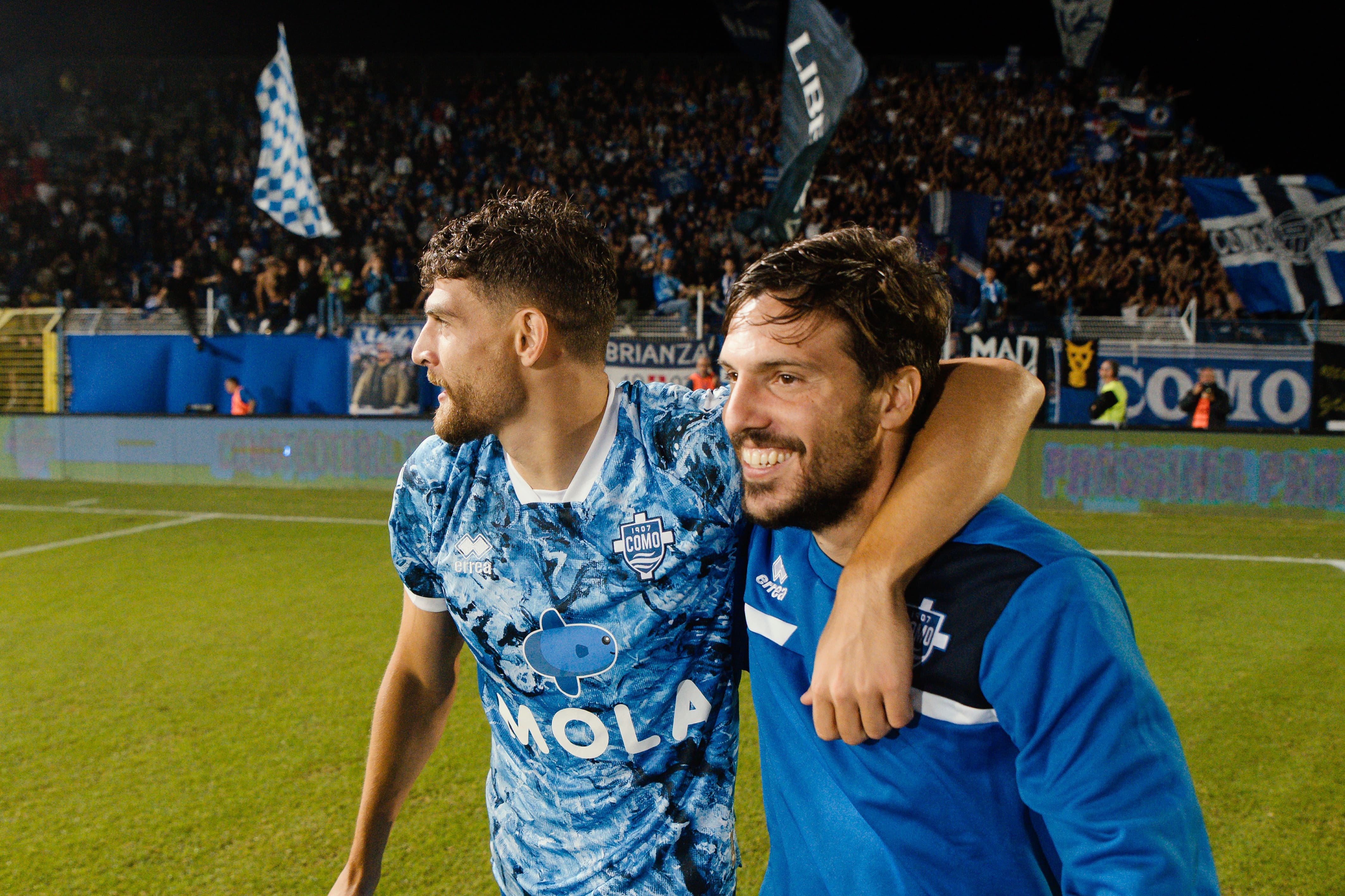
FOOTBALL LIFESTYLE
Simone Verdi: The Interview8
For many he was the coup of the summer for Como 1907, a regular scorer in Serie A and a player deemed good enough to pull on the famous blue jersey of the Italian national side. When he arrived in August, the former AC Milan, Empoli, Bologna and Napoli striker hailed his new team’s ambition as the spark behind his decision to move to the second tier. The 31-year-old frontman has settled in well and is ready to make his mark. But first, Verdi tells us a bit about his journey – having followed the classic path that every kid in Italy dreams of taking.
How did it all start?
“My father and brother were great football fans, as is often the case in Italian families. My earliest memories are of watching games on television on the sofa with them. I took my first kicks at Audax Travaco, the team from my village in the province of Pavia.”
Then came the call from AC Milan…
“It was emotional because all my family are Milan fans. They were very good years, I grew a lot from a human point of view. The first years I lived at home and went to the sports centre every day to train. In Primavera I moved to the boarding school.”
Did you have an idol?
“The first name that comes to mind is (Andriy) Shevchenko because he was the most representative player of that AC Milan team when I was growing up. Playing in attack he was a bit of a reference point for me. An incredible player.”
Who has influenced you the most?
“Every person I have met on my professional path has been important and something can be drawn from each one. From a tactical point of view, Maurizio Sarri was very important for my growth as a player in the two years at Empoli, right from the moment in my career when we met. From a human point of view I am very close to Roberto Donadoni, he is like a second father. Finally, the coach we will face today, Giovanni Stroppa. He was very important for me in the Primavera of AC Milan. He gave me a lot of confidence at a time many insiders thought I was too puny to become a professional.”
Who are the most important people to you?
“My family in the broadest sense. I have a job that took me away from home when I was just a kid, so the bond with them is very important to me.”
Do you have any rituals, routines or superstitions?
“Not really, I try to live in a very rational way about everything. I’m not a superstitious person. The only routine I have is listening to music before the game. It’s more than a routine though, it’s a way to charge me.”
What do you listen to?
“A lot of 80s rock. It depends a bit on the mood I’m in. Led Zeppelin, AC/DC and Guns n Roses are always in there.”
What about other sports?
“I am a big basketball fan, I follow American and European basketball. I watch a bit of everything from the NBA to the Euroleague to the Italian league.”
Can you hold your own on the court?
“I shoot a little basketball but I’m not very good at it. Every now and then I play tennis or beach volleyball, just to be with friends.”
What else do you do in your spare time?
“I really like spending time with my family when I can, when I’m not away. I watch a lot of films. Oppenheimer is on my list, I haven’t managed to see yet. I also love Italian comedy films, especially those of Aldo, Giovanni & Giacomo. I watch classic TV series like Stranger Things, Sex Education and Games of Thrones.”
Tell us about Como…
“It’s wonderful. The lake is unique. I’ve dined a few times on the terrace of the Hilton and the view is crazy. One thing I would like to do soon is take the funicular railway and visit Brunate.”
What’s the biggest challenge you’ve faced?
“Maybe when I broke my ankle a few years ago – never an easy time for a footballer. I was playing well and had been called up by the national team. In the end it didn’t go badly though, because that’s how I met my wife.”
What advice would you give to young people?
“Be patient. Work pays off but not always immediately.That’s why you shouldn’t be in too much of a hurry. Another important thing is to focus on yourself. Too often we blame someone else or external factors, without thinking about what we can do to improve. The world goes on and everyone has to work to become a better person.”
